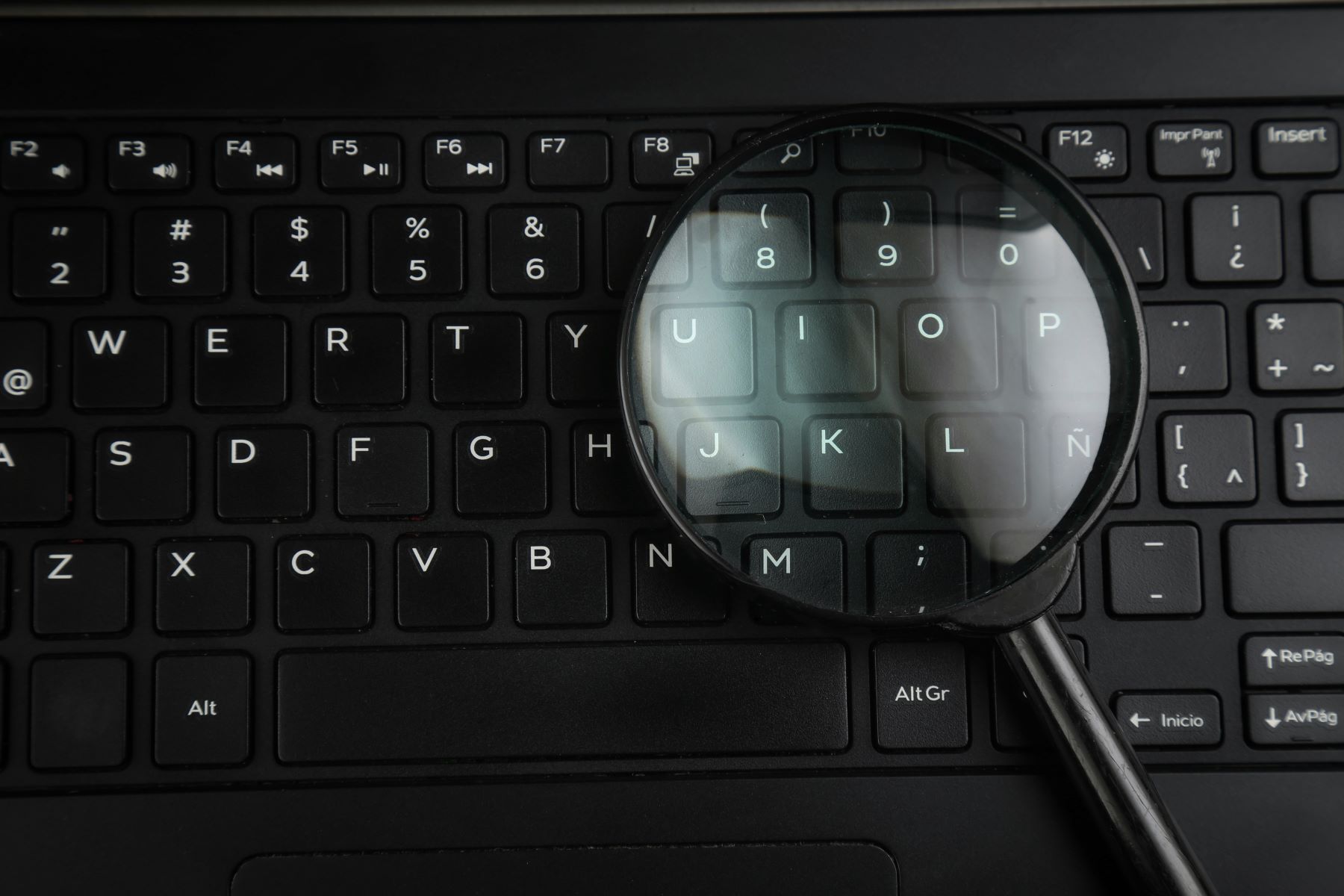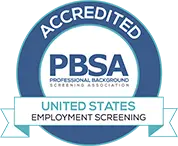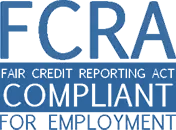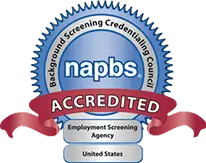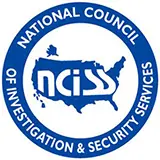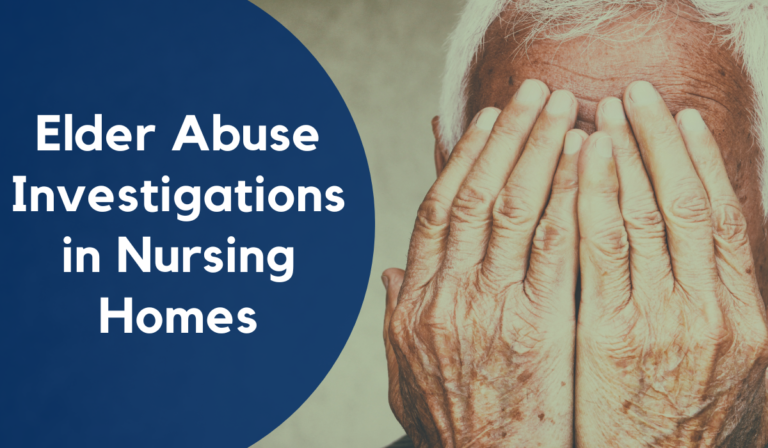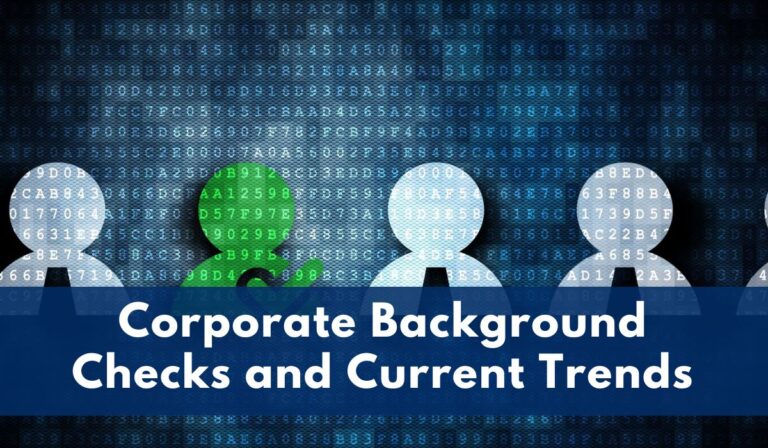Discretion Expertise Results
About Private Detectives
Contact Us

This page is designed to provide some general information about private detectives and some of the attributes of our business and industry. Some of the information presented is derived from secondary sources.
For assistance from a private detective, please contact our offices.
The terms Private Detective is used to identify individuals who are employed by a third party to engage in an investigation of some type. This term is interchangeable with the terms private investigator or professional investigator.
According to U.S. Department of Labor, Bureau of Labor Statistics, The nature of private detective work is a follows:
“Private detectives and investigators use many methods to determine the facts in a variety of matters. To carry out investigations, they may use various types of surveillance or searches. To verify facts, such as an individual’s place of employment or income, they may make phone calls or visit a subject’s workplace. In other cases, especially those involving missing persons and background checks, investigators often interview people to gather as much information as possible about an individual. In all cases, private detectives and investigators assist attorneys, businesses, and the public with legal, financial, and personal problems.”
A private detective can offer many services, including executive, corporate, and celebrity protection; surveillance, locate investigation / missing persons cases, asset searches, pre-employment screening; and background checks. They can also investigate computer crimes, such as identity theft, harassing e-mails, and illegal downloading of copyrighted material. Private detectives also provide assistance in civil liability and personal injury cases, insurance claims and fraud, child custody and protection cases, and premarital screening. They are sometimes hired to investigate individuals to prove infidelity.
Most private detectives and investigators are trained to perform physical surveillance. They may observe a site, such as the home of a subject, from an inconspicuous location or a vehicle. They continue the surveillance, which is often carried out using still and video cameras, binoculars, and a cell phone, until the desired evidence is obtained. This watching and waiting often continues for a long time.
Private detectives also may perform computer database searches or work. Computers allow investigators to quickly obtain large amounts of information on individuals’ prior arrests, convictions, and civil legal judgments; telephone numbers; motor vehicle registrations; association and club memberships; and other matters.
Private Detective Education
There is no specific curriculum for one to follow to become a private detective at most accredited universities, but many course or certification area available that address some aspect of PI work.. Obviously the nature of investigative work for criminal purposes is very similar to that applied in the private or corporate sector. Accordingly, many private detectives follow a traditional investigative educational track including criminal justice, pre-law, computer forensics, social work and criminal science or paralegal studies.
Aside from traditional educational sources like a university or college, some private detectives obtain training through on the job experience and specialized training (i.e. interviewing and interrogation, mobile surveillance, listening device detection and counter measures, etc.) There are also a number of private education and training facilities, many web based, that offer vocational training as a private detective. As you can imagine, the quality can vary wildly with these programs.
Monster.com has described Private Detective Education as follows:
No formal education is required for most private detective and investigator jobs, but most employers prefer to hire high school graduates. Over the past several years, a college education has become increasingly preferred. Training in subjects such as criminal justice, forensic sciences, law enforcement and security administration are helpful. The majority of the States and the District of Colombia require private detectives and investigators to be licensed by the State or local authorities.
Although this may be true to some extent, our experience within the private detective industry indicates that most actual private detective license holders have a college education or post graduate experience.
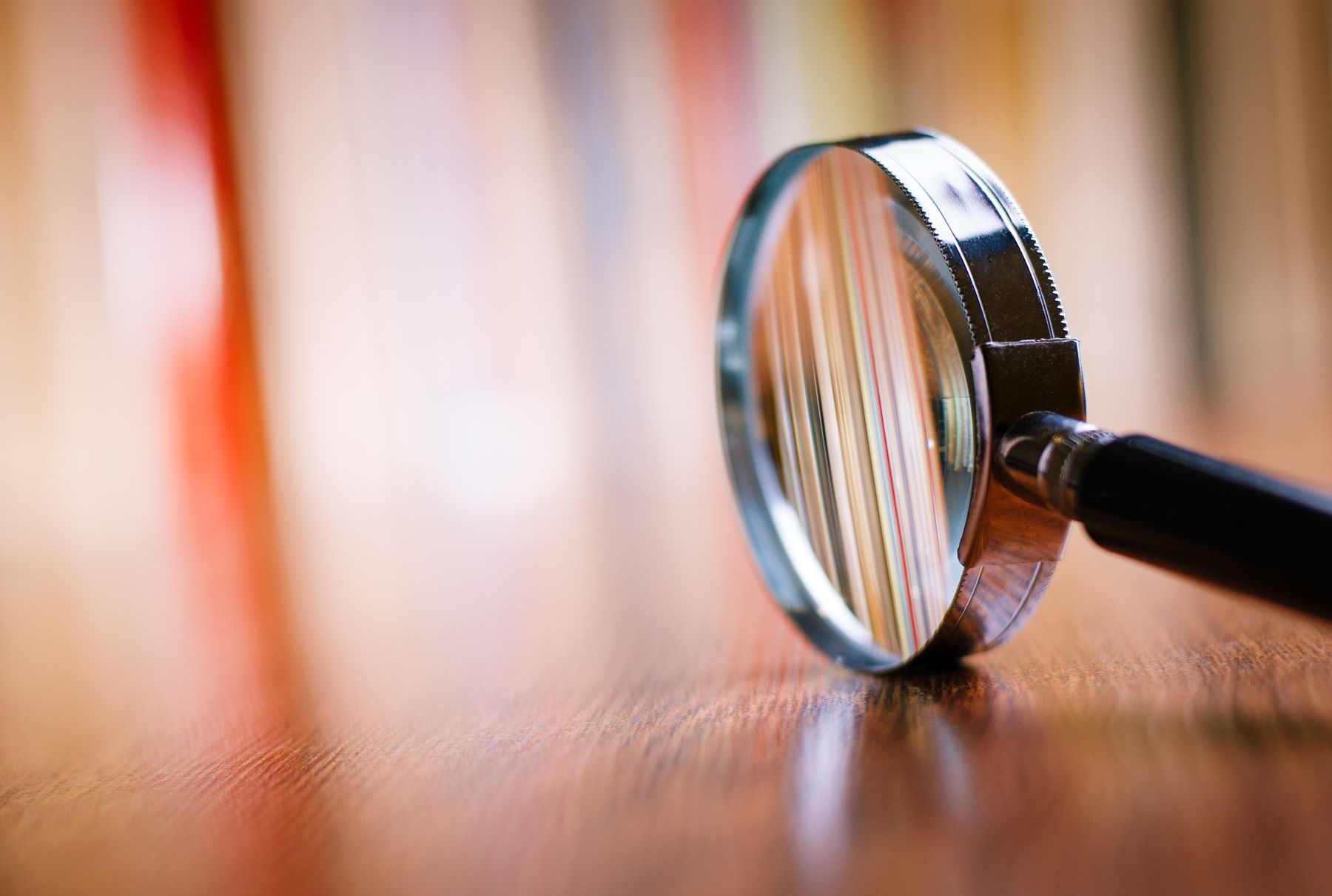

Private Detective Licensing
There is no federal regulation or oversight of private detectives. Nearly all states have some type of licensing requirement before someone can charge for investigative services. In most places, a private detective working inside for a private company does not need to be licensed provided they only conduct investigation for that company internally.
Some states require that license applicants have a certain amount of experience, others have an examination that private detective applicants must pass and several have both. Nearly all require that the private detective have a clean criminal history. There are still several states that do not require any type of professional license to act as a private detective.
Other General Information
Private detectives assist lawyers, businesses, and the public with a variety of cases.
When you hear the phrase private detective, all sorts of images may come to mind. Often, people think of the characters in mystery and crime novels. Perhaps no author is known more for these types of works than Raymond Chandler. He created the character of Philip Marlowe, who was a tough-talking private eye with a heart of gold. Chandler felt that most writers created characters that weren’t anything like tried-and-true private “eyes.” He strove to write with more realism to more accurately portray the world of a private detective, and his work is highly regarded for this trait.
Private detectives and investigators use many means to determine the facts. To carry out investigations, they observe suspects and conduct searches. To verify facts, such as a person’s job or income, they make phone calls or visit the work place. In other cases, such as background checks, they interview people to gather information.
Private detectives and investigators use many means to determine the facts. To carry out investigations, they observe suspects and conduct searches. To verify facts, such as a person’s job or income, they make phone calls or visit the work place. In other cases, such as background checks, they interview people to gather information.
Private detectives and investigators offer many services. They provide protection for people, such as celebrities, who need it. They do background checks for police and other agencies. They help lawyers or insurance companies with cases, such as personal injury or insurance fraud. They often are hired to investigate people in divorce disputes.
Many investigators are trained to do surveillance, which is the observation of people. Investigators may conduct surveillance for long periods of time. They observe a site, such as a person’s home, from a car or van. They use binoculars and still or video cameras to observe and record evidence. In the office, detectives use computers to obtain large quantities of data. They search for phone numbers, motor vehicle data, probate records, and other data that may help them investigate a person. Often a private detective will work on court cases for law firms or lawyers. They help prepare criminal defenses and locate and interview witnesses. They serve legal documents and talk to police. They also gather and review evidence.
An in-house corporate private detective works directly for a company conducting investigations. They conduct internal and external cases for that company, usually as part of a security department, internal audit and or compliance department. For example, they may investigate if employees are stealing from the firm. They may also investigate criminal schemes, such as billing fraud, that originate outside the firm. Investigators who specialize in finance may be hired to gather financial data about people or companies. They also may search for assets in order to recover damages awarded by a court in fraud or theft cases.
Store detectives protect the assets of retail stores. They prevent theft by shoplifters, delivery people, and even store employees. They inspect stock areas, dressing rooms, and rest rooms for areas that might place the store at risk for theft. They may prepare loss prevention reports for managers. Hotel detectives protect guests from theft of their belongings. They keep suspicious people off the premises.
Most detectives write reports and case summaries to inform clients or supervisors. Many present evidence at hearings and court trials.
